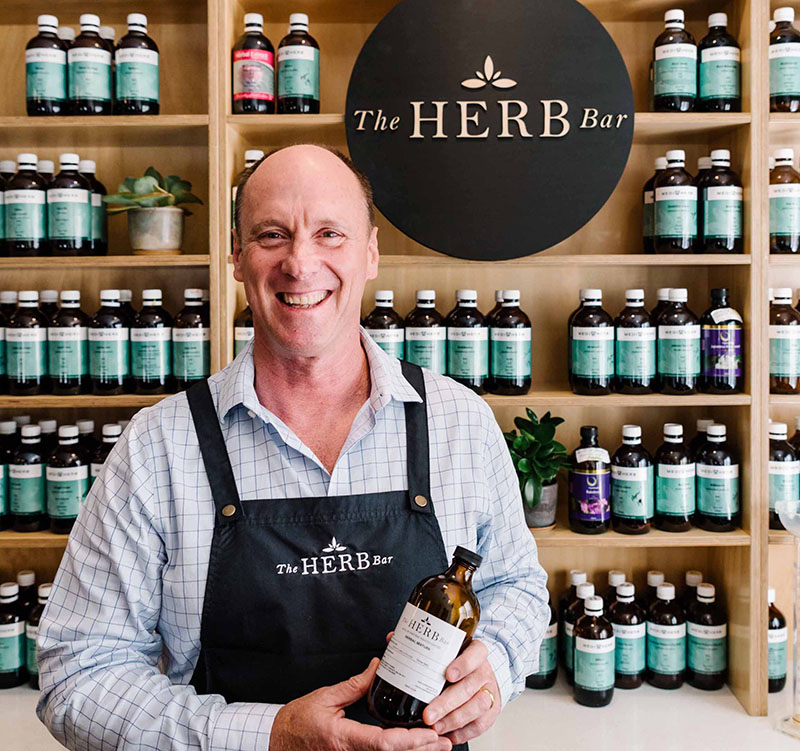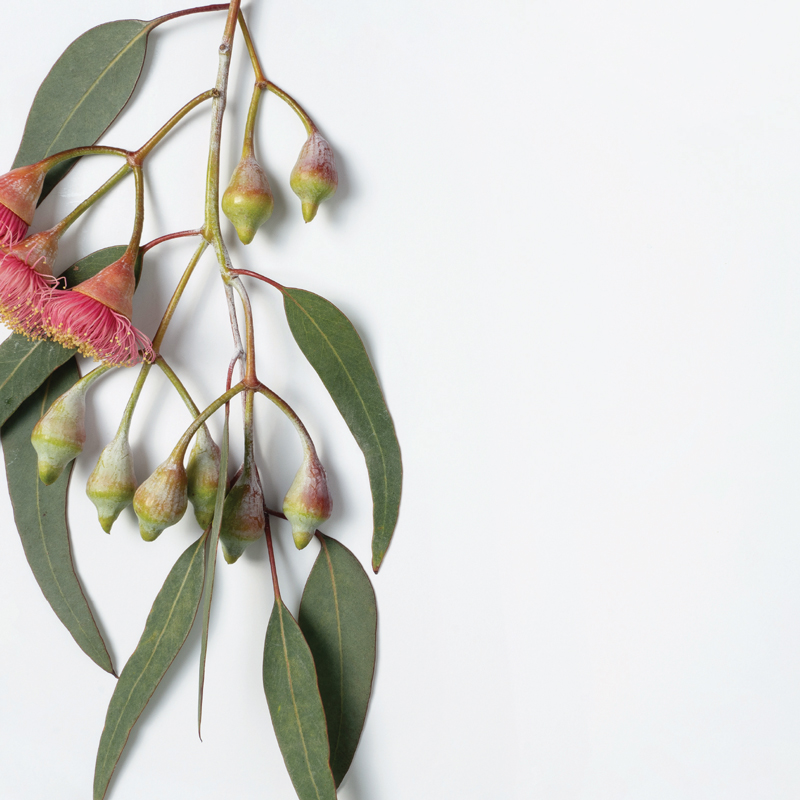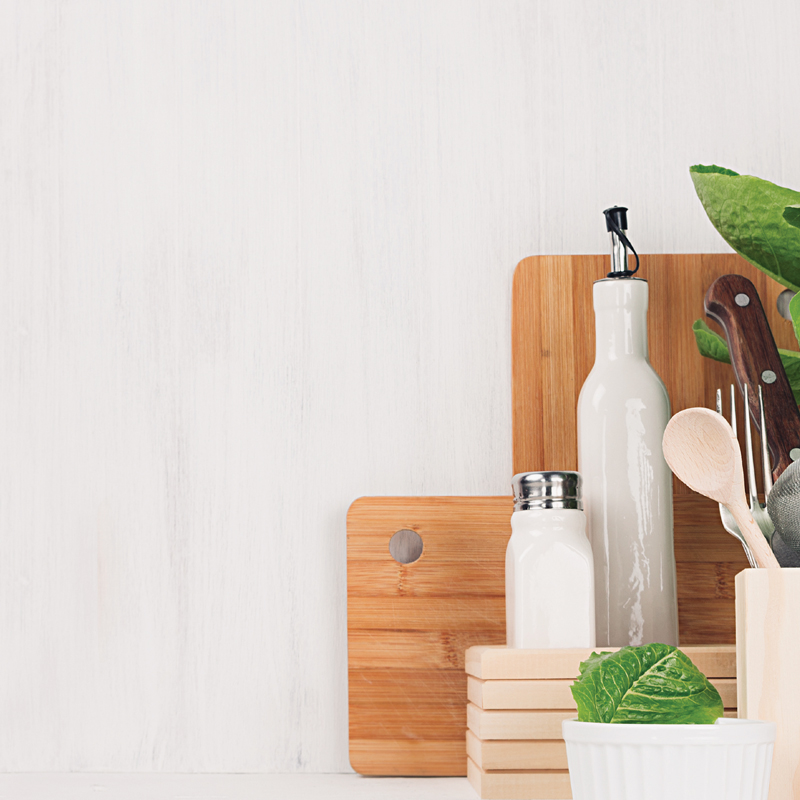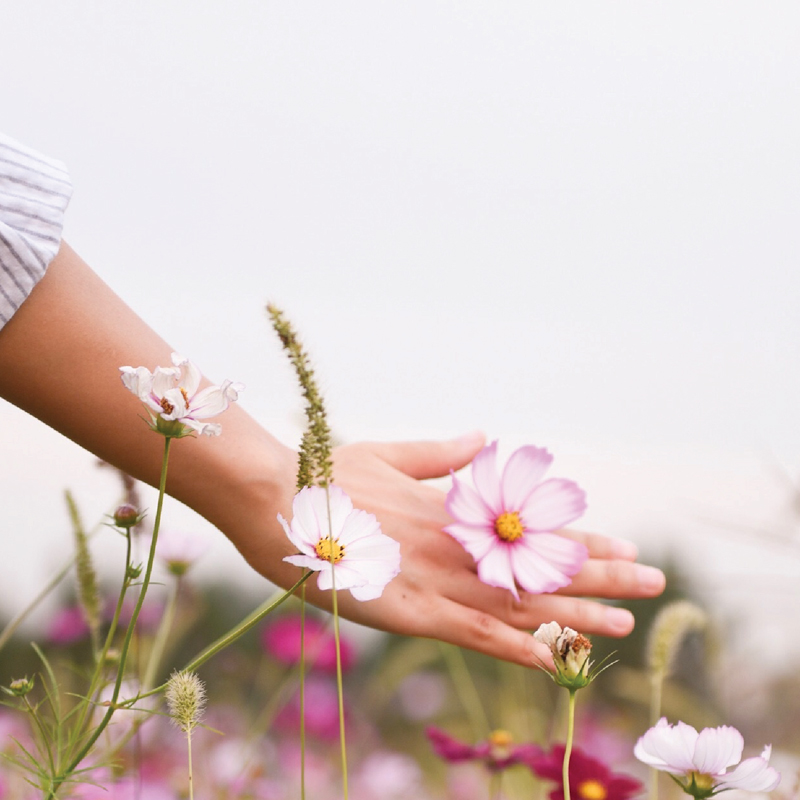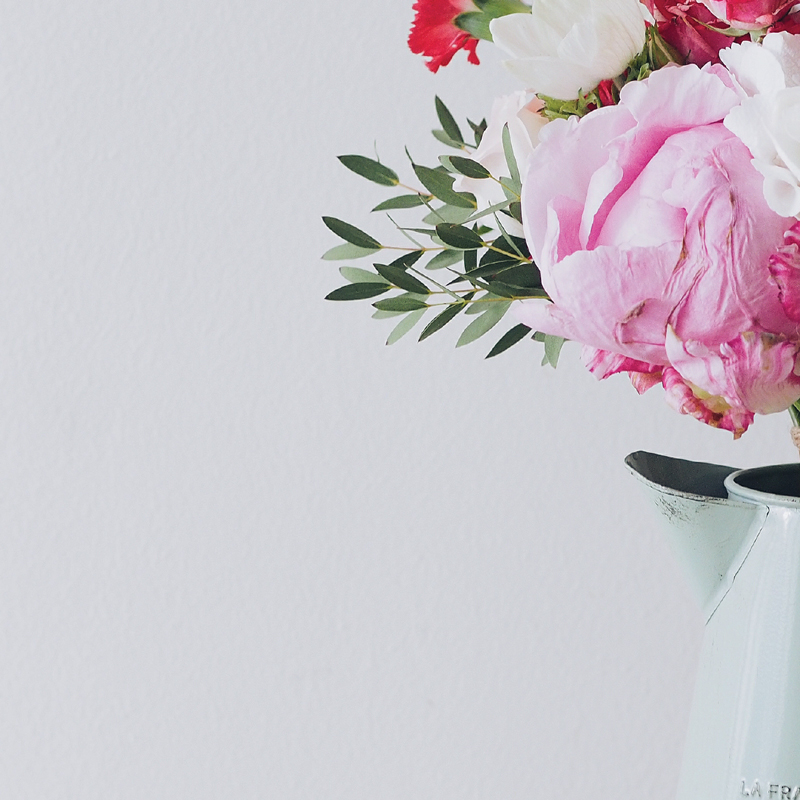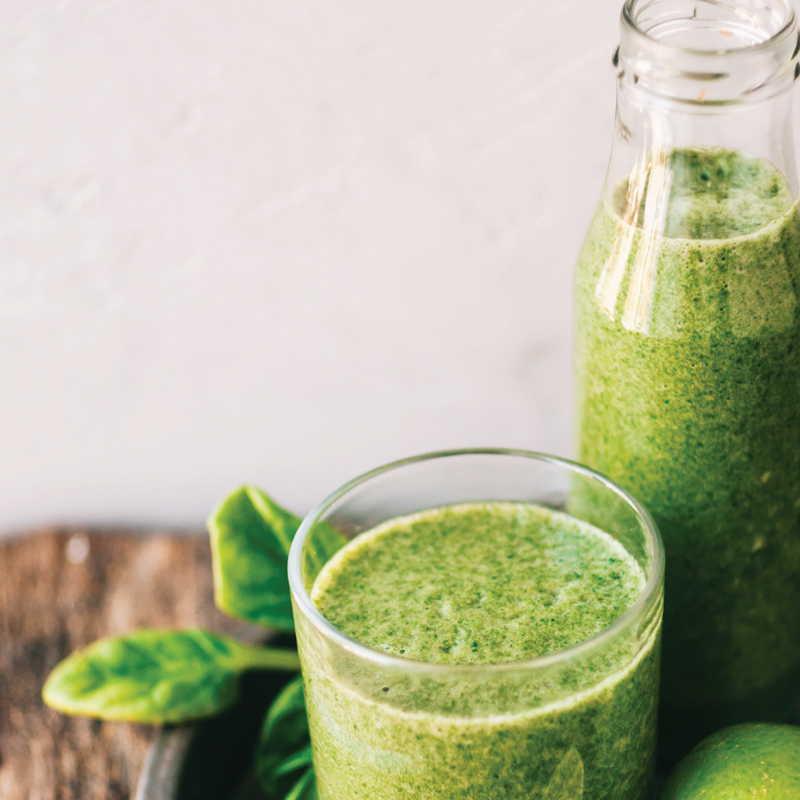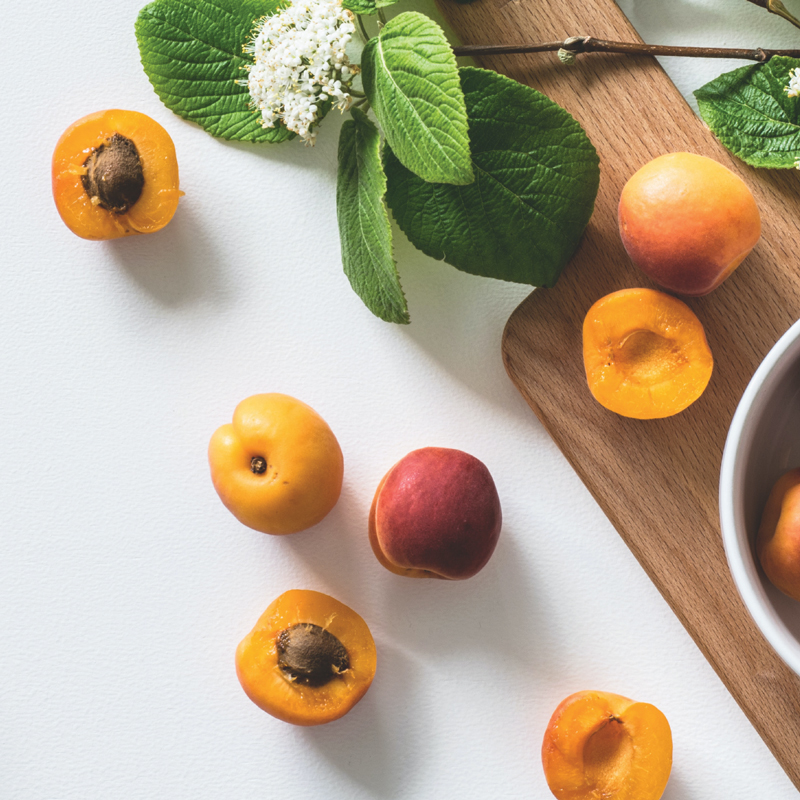
Meditation and Mindfulness
Mindfulness and meditation, two words that have become synonymous with optimal health and wellbeing in recent years. These two words are more common in everyday conversations than ever before, but what do they actually mean? They are used interchangeably a lot of the time, and whilst they are closely related they are two very different things. If you visit us in clinic, whether that be for a comprehensive consult or a free mini consult with The Herb Bar, you have probably had meditation and/or mindfulness mentioned to you or even added to your treatment plan, because here at Mullen Health, we take both things very seriously.
What’s the difference?
Mindfulness is quality of thought. Confused? Let me explain. Mindfulness can be done anywhere, anytime, and in a perfect world we would be mindful every second of every day. To be mindful is to slow down the mind, to focus on the present moment. It is paying attention and noticing where you are, what you are doing and what is around you. There is no thought of the past or future, which let’s be honest, is when our stresses and anxiety start to creep in.
Most people live every day with their minds racing, with their brain on autopilot. Planning for the future, dwelling over past events, rushing through the day to day in a monotonous routine of tasks and responsibilities. To be mindful does not stop you from going about your day, to be mindful is to slow your thoughts down, to recognise what you are doing in that moment. You actively engage all of your senses to bring attention to the task at hand rather than allowing the mind to wander. You can be mindful as you make a cup of tea or do the grocery shopping or evening playing with your kids.
Meditation on the other hand is a practise. It is allocating time out of your day to quiet the mind, to train your attention and awareness. Meditation can be as simple as taking a few minutes to sit in silence, quietening the mind and focusing on your breath. Meditation practices began in Eastern religions, and there is not one perfect way to meditate. All meditation techniques have four elements in common – a quiet location with minimal distractions, a comfortable posture (usually sitting up with a straight spine or lying down with a flat back), focused attention (through either a mantra or breath work) and an open mind (letting the world continue around you, no judgement towards self if your mind wanders).
There are thousands of guided practices through apps, online videos and even in person classes and workshops, that take you through the steps of meditation and teach you different techniques. The beauty of meditation, is that it is a mindfulness practise and it teaches the individual to develop mindfulness that can then be used throughout the day.
The benefits
Where to begin?! There are so many benefits to your body and mind when it comes to meditation and mindfulness. Thousands of scientific studies have been conducted on the effectiveness of these practises. By incorporating these techniques into the everyday you increase calmness, physical relaxation, improve psychological balance and resilience, and enhance overall health and wellbeing but the benefits don’t stop there.
- Research has shown that a consistent meditation and mindfulness can significantly affect the following:
- Reduce pain and improve pain response and quality of life for those suffering with chronic pain
- Lower blood pressure in those with hypertension or at an increased risk of developing high blood pressure
- Can help with psychological distress, anxiety, depression, anger and hostility and improve coping ability towards these states
- Can reduce the severity of irritable bowel syndrome symptoms
- Preliminary research has shown that meditation can reduce the incidence of flareups relating to stress, in those suffering from ulcerative colitis
- Improve memory
- Improve sleep and greater reduction in insomnia
The beauty of these practices is they are completely free, can be practised anywhere, anytime, and there are no side effects, only profound benefits!
Where to begin?
Mindfulness – the five senses
Mindfulness can be practised in any moment of the day, the more mundane and routine the better. The aim is to bring your mind back to the present moment, to stop thoughts from racing. Bringing awareness to your five senses is a perfect technique to practice mindfulness.
Here’s an example when making a cup of tea:
- Listen to the sounds around you, as the kettle boils, to the sounds of your home or office, what can you hear?
- As you pour the boiling water over the tea, watch as the colour of the tea seeps out from the teabag or leaves, notice as the tea brews the richer and darker it becomes.
- As the tea brews can you smell the fragrance of the herbs or leaves as they steep in the boiling water? Do the aromas remind you of someone or something? What herbs can you smell?
- Feel the warmth of the cup as you pick it up, notice the warmth radiate through your palms, how does this make you feel? Does tea comfort you? Is it familiar to you?
- As you sip the tea slowly, notice the flavours, what can you taste? Savour the mouthful before swallowing to savour the taste of the tea and flavours.
This simple act only takes a few minutes but those few minutes of peace and quiet allow your mental and physical body to become calm. You can then move on to your next task with a clearer, more focused mind.
Meditation – follow your guides
The easiest way to begin meditation is to firstly, make it a priority in your day. Set aside 15 to 30 minutes each day, either morning or night, to really practice. I would encourage you to set yourself a realistic goal (ie: 15minutes, every day for two weeks), the more consistent you are (even if it’s just five minutes a day) the better you will feel and the more you will notice the effects.
Next, I would recommend you finding a guided meditation that resonates with you. Guided meditations take you through steps of slowing down your mind and focusing on your breath. They are a great way to introduce yourself to meditation and to explore different techniques that you might enjoy. There are few ways to get started:
- Download an app like Insight Timer, Headspace or Calm
- Search meditation on Spotify or Youtube
- Head over to Facebook – the wonderful Petrea King, from the Quest for Life Foundation, offers a free group meditation every Monday night via her Facebook
page. This is a great opportunity to explore meditation with a true expert, from the comfort of your own home. Click here to join the group!
Now get comfy – it’s time to settle in and zone out!
Yours in health,
Samantha Wilson

